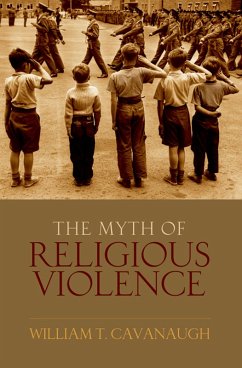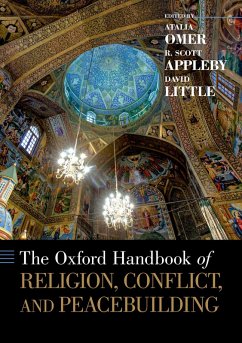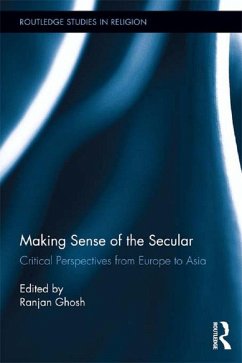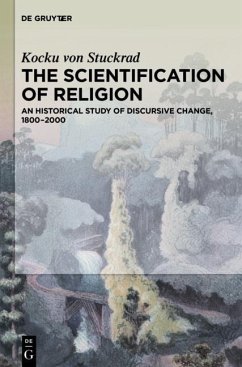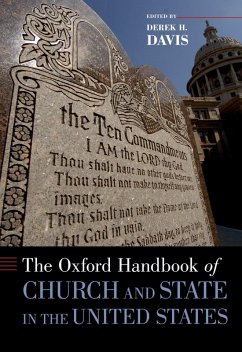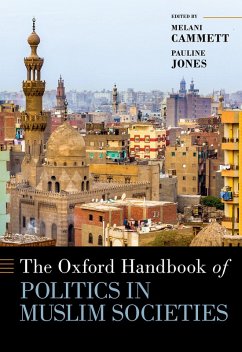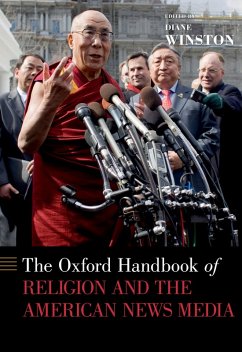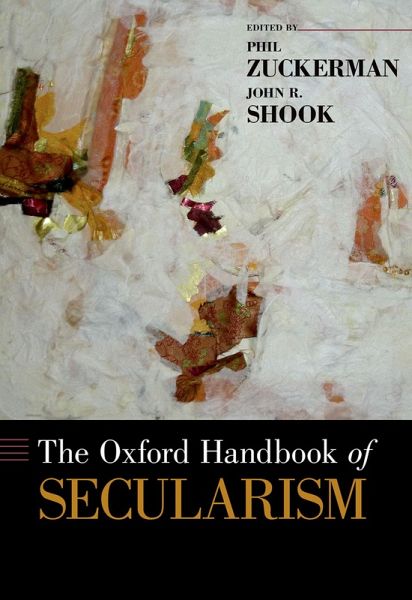
The Oxford Handbook of Secularism (eBook, PDF)
Versandkostenfrei!
Sofort per Download lieferbar
70,95 €
inkl. MwSt.
Weitere Ausgaben:

PAYBACK Punkte
35 °P sammeln!
As recent headlines reveal, conflicts and debates around the world increasingly involve secularism. National borders and traditional religions cannot keep people in tidy boxes as political struggles, doctrinal divergences, and demographic trends are sweeping across regions and entire continents. And secularity is increasing in society, with a growing number of people in many regions having no religious affiliation or lacking interest in religion. Simultaneously, there is a resurgence of religious participation in the politics of many countries. How might these diverse phenomena be better under...
As recent headlines reveal, conflicts and debates around the world increasingly involve secularism. National borders and traditional religions cannot keep people in tidy boxes as political struggles, doctrinal divergences, and demographic trends are sweeping across regions and entire continents. And secularity is increasing in society, with a growing number of people in many regions having no religious affiliation or lacking interest in religion. Simultaneously, there is a resurgence of religious participation in the politics of many countries. How might these diverse phenomena be better understood? Long-reigning theories about the pace of secularization and ideal church-state relations are under invigorated scrutiny by scholars studying secularism with new questions, better data, and fresh perspectives. The Oxford Handbook of Secularism offers a wide-ranging and in-depth examination of this global conversation, bringing together the views of an international collection of prominent experts in their respective fields. This is the essential volume for comprehending the core issues and methodological approaches to the demographics and sociology of secularity; the history and variety of political secularisms; the comparison of constitutional secularisms across many countries from America to Asia; the key problems now convulsing church-state relations; the intersections of liberalism, multiculturalism, and religion; the latest psychological research into secular lives and lifestyles; and the naturalistic and humanistic worldviews available to nonreligious people.
Dieser Download kann aus rechtlichen Gründen nur mit Rechnungsadresse in A, B, BG, CY, CZ, D, DK, EW, E, FIN, F, GR, HR, H, IRL, I, LT, L, LR, M, NL, PL, P, R, S, SLO, SK ausgeliefert werden.




